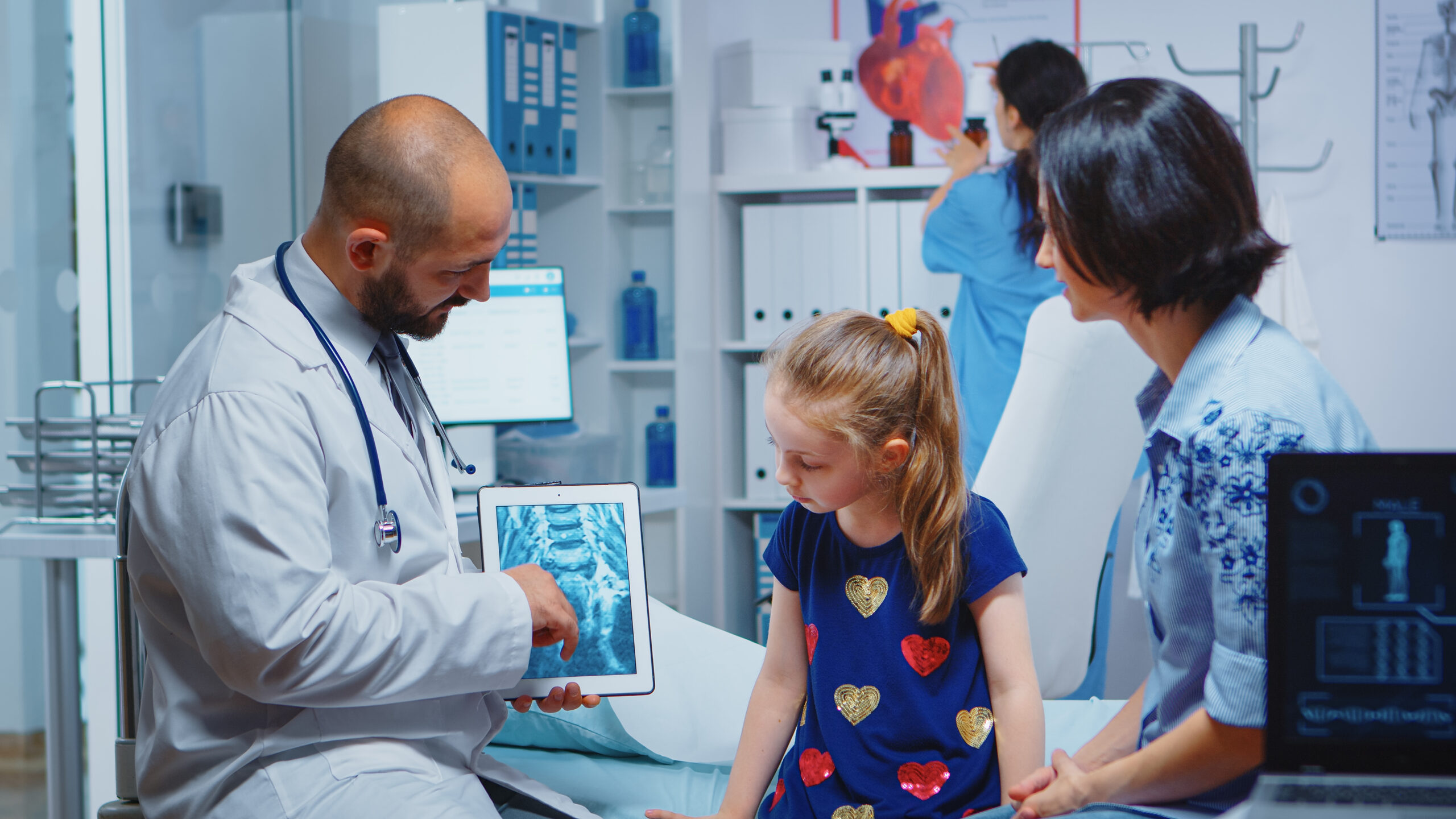Pediatric care is a unique and vital field in healthcare, requiring a blend of scientific advancements and compassionate care. Innovations in pediatric direct patient care are transforming the way we address the health needs of children, especially in underserved populations. These advancements are not only improving clinical outcomes but also enhancing the overall experience of care for young patients and their families. In this blog, we will explore some of the groundbreaking innovations in pediatric care that are bridging the gap between science and compassion.
Telemedicine and Virtual Care
- Remote Consultations: Telemedicine allows healthcare providers to conduct virtual consultations, making it easier for families to access medical advice and care without the need for travel. This is particularly beneficial for children in rural or underserved areas.
- Specialist Access: Telemedicine also enables access to pediatric specialists who may not be available locally. This ensures that children receive expert care regardless of their geographic location.
- Continuous Monitoring: Wearable devices and remote monitoring tools allow for continuous health tracking. This is especially useful for managing chronic conditions and ensuring timely interventions.
Personalized Medicine
- Genetic Testing: Advances in genetic testing enable personalized treatment plans tailored to a child’s unique genetic makeup. This can lead to more effective treatments with fewer side effects.
- Targeted Therapies: Personalized medicine includes targeted therapies that address specific conditions at the molecular level, offering new hope for diseases that were previously difficult to treat.
- Pharmacogenomics: Understanding how a child’s genetic profile affects their response to medications can optimize drug therapy, improving efficacy and reducing adverse effects.
Minimally Invasive Techniques
- Laparoscopic Surgery: Minimally invasive surgical techniques, such as laparoscopy, reduce recovery times and minimize pain and scarring. These techniques are becoming more common in pediatric care.
- Robotic Surgery: Robotic-assisted surgery provides precision and control, allowing for complex procedures to be performed with greater accuracy and less trauma to the patient.
- Interventional Radiology: This field uses imaging technology to guide minimally invasive procedures, reducing the need for traditional surgery and speeding up recovery.
Holistic and Integrative Care
- Family-Centered Care: Modern pediatric care emphasizes the involvement of the family in the treatment process. This holistic approach ensures that the emotional and social needs of the child and family are addressed.
- Mental Health Integration: Integrating mental health services into pediatric care ensures that children receive comprehensive support, addressing both physical and psychological well-being.
- Complementary Therapies: Incorporating complementary therapies, such as acupuncture, massage, and nutritional counseling, can enhance traditional medical treatments and improve overall health outcomes.
Advanced Diagnostic Tools
- Artificial Intelligence (AI): AI is revolutionizing diagnostic capabilities, providing faster and more accurate diagnoses. Machine learning algorithms can analyze medical data and identify patterns that might be missed by human clinicians.
- Portable Diagnostics: Portable diagnostic devices enable quick and efficient testing, even in remote locations. This is crucial for timely interventions and treatment.
- Biomarker Identification: Advances in biomarker research allow for the early detection of diseases, improving prognosis and treatment outcomes.
Community and Home-Based Care
- Mobile Health Units: Mobile health units bring pediatric care directly to underserved communities, providing essential services such as vaccinations, screenings, and health education.
- Home Health Care: Home-based care models offer medical services in the comfort of the child’s home, reducing hospital visits and providing a more comfortable and familiar environment for recovery.
- School Health Programs: Implementing health programs within schools ensures that children receive regular check-ups and health education, fostering a healthy environment for learning and growth.
Conclusion
Innovations in pediatric direct patient care are reshaping the landscape of healthcare for children, blending cutting-edge science with compassionate care. These advancements are making it possible to provide more personalized, effective, and holistic care to young patients, ensuring that they have the best possible start in life. By continuing to embrace new technologies and approaches, we can further bridge the gap between science and compassion, ultimately improving the health and well-being of children everywhere.
Exceptional Pediatric Care with Dr. Margie Diaz-Ochu at Bee Home Pediatrics
At Bee Home Pediatrics, Dr. Margie Diaz-Ochu is dedicated to providing exceptional pediatric care that meets the unique needs of every child. With a focus on compassionate, personalized treatment, our practice ensures that young patients receive the highest quality care in a supportive and nurturing environment.
For more information or to schedule a consultation, contact Dr. Margie Diaz-Ochu at Bee Home Pediatrics. Reach out to us directly at 435-513-PEDS or visit our website to learn more about how we can support your child’s health and well-being.

